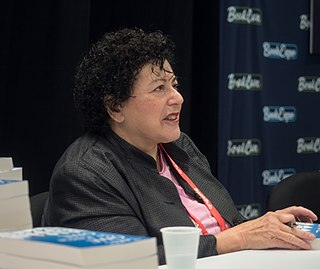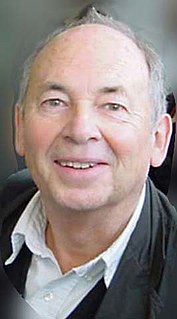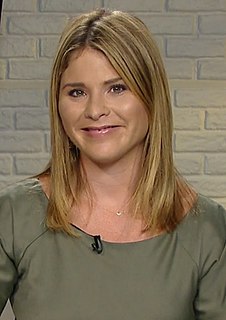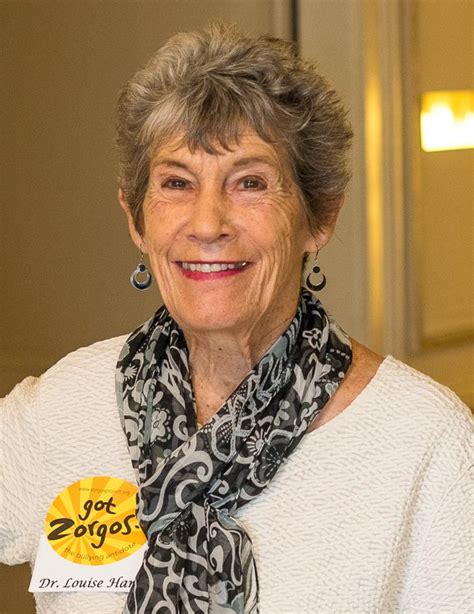A Quote by Robin Hobb
I began attempting to write for children under the mistaken assumption that writing for children was easy.
Quote Topics
Related Quotes
There is a huge tension in trying to write with small children because they demand your attention and your time with a fierceness that can be matched by nothing else, but if you are successful in writing while you have small children, I actually think that your writing is likely to be deeper than it was before.
Before I had my first child, I never really looked forward in anticipation to the future. As I watched my son grow and learn, I began to imagine the world this generation of children would live in. I thought of the children they would have, and of their children. I felt connected to life both before my time and beyond it. Children are our link to future generations that we will never see.
I believe that if a child has a feel for writing and wants to write, there is an audience. Children should just dive in and go at it. I would encourage children to write about themselves and things that are happening to them. It is a lot easier and they know the subject better if they use something out of their everyday lives as an inspiration. Read stories, listen to stories, to develop an understanding of what stories are all about.






































